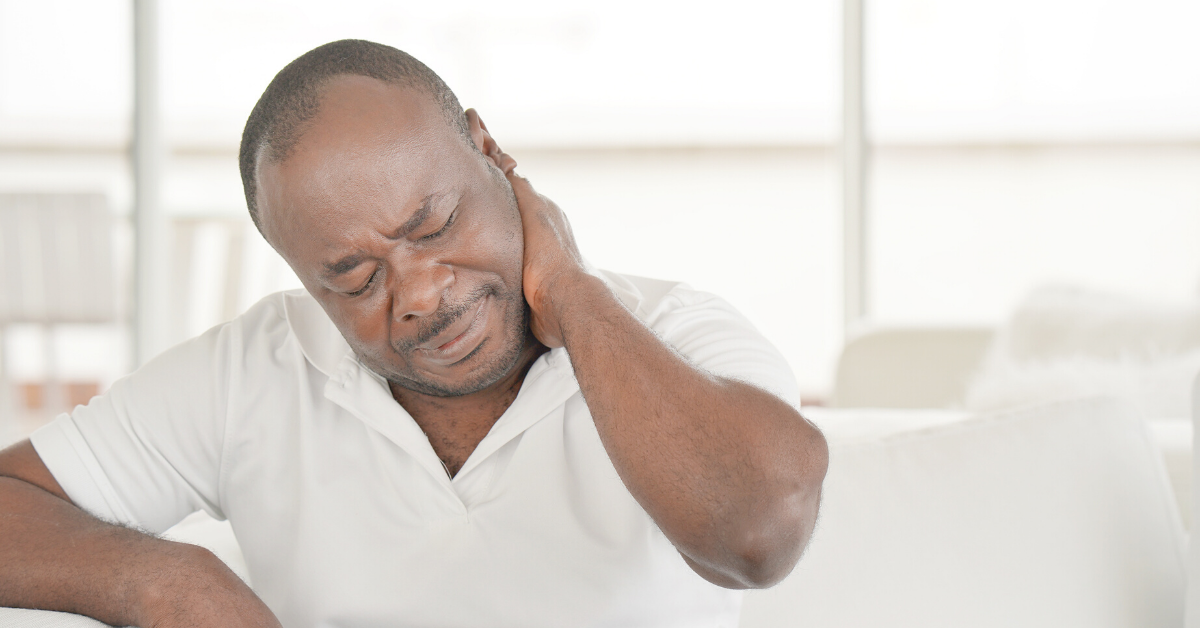
Stress and Persistent Pain
While elevated levels of stress can take a toll on your mental health,
it can also wreak havoc on your musculoskeletal health. For people living
with elevated levels of stress, persistent soreness, and body aches can
be a regular occurrence. Learn more about the relationship between elevated
stress levels and their negative impact on your body.
How Stress Affects Pain Levels
When you’re in a stressful situation, it can trigger a chemical response
in your body that brings on psychological and physical changes. During
stressful times, your brain triggers the release of
cortisol—also known as the stress hormone. As a physical response to the
release of this hormone, the muscles throughout the body tend to tense
up—when experiencing chronic stress, this elevated level of tenseness
is almost constant.
While this can help to protect the body from harm in potentially dangerous
situations, prolonged exposure to this hormone can leave you experiencing
orthopedic pain and even increase your risk of injury. Unfortunately For
those already living with conditions with chronic pain, elevated levels
of stress can
exacerbate these symptoms—especially in the neck, shoulders, and back.
Relieving Stress
One of the best ways to prevent stress-induced pain is to manage your stress
levels with healthy coping mechanisms. Follow some of these tips to help
you keep your stress levels regulated.
- Identify what is causing you to feel stressed.
- Spend time with loved ones.
- Get 7 to 9 hours of sleep each night.
- Try journaling when you feel overwhelmed.
- Talk to someone you trust.
- Avoid alcohol and nicotine products.
- Try mindfulness meditation.
- Practice deep-breathing exercises.
Orthopedic Care in Gillette, Wyoming
If you have concerns when it comes to your orthopedic health,
Powder River Orthopedics & Spine (PROS) is here to help in Gillette, Wyoming. We can evaluate your options
so you can rest assured that you get the best possible outcome and are
back to a happy and active life in no time.
Call the PROS at 307.686.1413 or visit
www.cchwyo.org/PROS
to learn more.